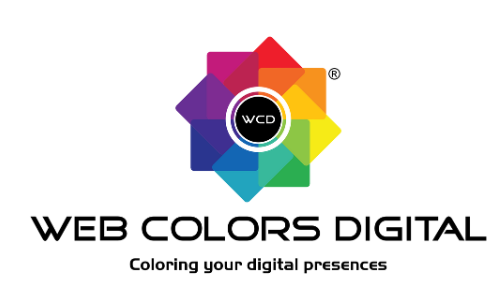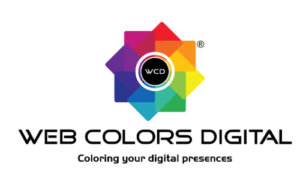Balancing Virtual Communication with Moral Values
The Importance of Ethical Social Media
Use in Today’s Digital Age
With users logging in for an average of two hours and twenty-four minutes a day, social media ethics are vital in today’s environment. This astounding number shows how profoundly these platforms have permeated our lives and is more than simply a statistic. It’s now essential to use social media in an ethical manner rather than merely choosing to. It entails striking a balance between moral principles and virtual communication, reflecting the integrity and respect we uphold in real life.

Understanding Ethical Social Media
Positive posting, individual privacy and avoiding fake news characterize Ethical Social Media use. The essence of this is creating an online community where honesty reigns. This practice is vital for individuals, businesses, and influencers balancing online presence with ethical standards.
The Impact of Social Media: A Double-Edged Sword
Social influence can be viewed as a double-edged sword. Despite revolutionizing communication, social media has led to issues like cyberbullying and privacy breaches, affecting 41% of American adults.
The Role of Businesses and Influencers
Businesses and influencers play a very influential role in defining the moral order of social media. Their credibility and openness in the digital domain, thus may become an example for their followers. Dove’s #RealBeauty campaign promoted authentic body positivity, challenging unrealistic beauty standards perpetuated by social media.
The Importance of Digital Literacy
Digital literacy lies at the centre of ethical social media use. It is not only about being tech-savvy competence but the consequences that result from online activities too. Educating youth on digital footprints and including digital citizenship in school curricula is crucial for responsible tech usage
Combating Misinformation
One of the greatest challenges that come along with social media is misinformation. MIT research reveals false information spreads six times faster on Twitter than true news. Also a report by Statista found that 59% of U.S. adults believe social media exacerbates the spread of fake news. This terrible trend makes it clear that before sharing information online there is the need for critical thinking and fact-checking
Privacy Concerns
As an important principle of moral social media activity, respecting privacy is a key idea. Amid disclosures of data breach and other privacy issues consistently hitting the news, consumers are increasingly aware of their digital footprint. A typical regulatory action for protecting the privacy of users can be found in European Union, GDPR.
Sustainability and Environmental Awareness
In today’s world, where sustainability is becoming increasingly important, ethical social media usage extends beyond personal responsibility to include advocating for environmental causes and promoting sustainable practices. Social media has immense power, and leveraging it to support sustainability can have far-reaching effects. This form of advocacy can involve sharing information about climate change, supporting eco-friendly products, participating in digital campaigns for conservation, and encouraging others to adopt sustainable habits. By doing so, social media users contribute to a broader movement that seeks to address environmental issues and promote a healthier planet.
Ethical social media practice also involves creating a digital environment where all participants, both people and other creatures, can coexist with dignity in a transparent space. This digital ecology should foster respect, inclusivity, and honesty, enabling a positive and nurturing environment for all users. This means avoiding harmful behaviors such as spreading misinformation, engaging in cyberbullying, or perpetuating toxic cultures. Instead, users should strive to share accurate information, support one another, and create content that uplifts and educates.
As digital citizens, we must recognize the significant impact our actions online can have. Every post, comment, and interaction contributes to the broader digital landscape. By committing to ethical practices, we not only enhance our personal integrity but also help to build a more respectful and constructive online community. This responsibility includes being mindful of the content we consume and share, critically evaluating sources, and engaging in conversations with empathy and respect.
Furthermore, ethical social media practice is about understanding the collective power we hold as a digital community. Social media can be a powerful catalyst for positive change, enabling us to mobilize support for various causes, raise awareness about important issues, and drive social reforms. When used ethically, social media becomes more than just a tool for connection; it becomes a platform for advocacy, education, and social justice.
This transformation of social media into a force for good requires a group effort. It is not something that can be achieved by a few individuals alone but needs the collective commitment of all users. Every time we log in, we have the opportunity to contribute to this effort by making conscious choices about our online behavior. This includes supporting content that promotes positive values, reporting harmful activities, and engaging in meaningful discussions that foster understanding and cooperation.
In conclusion, ethical social media usage encompasses much more than personal responsibility. It involves advocating for sustainability, creating a dignified and transparent digital environment, recognizing the impact of our online actions, and understanding the collective power of the digital community. By committing to these principles, we can transform social media from a mere connecting point into a catalyst for positive reforms across various dimensions. This collective effort requires each of us to act with caution, integrity, and a sense of responsibility, knowing that our actions online have the potential to create a significant impact.






